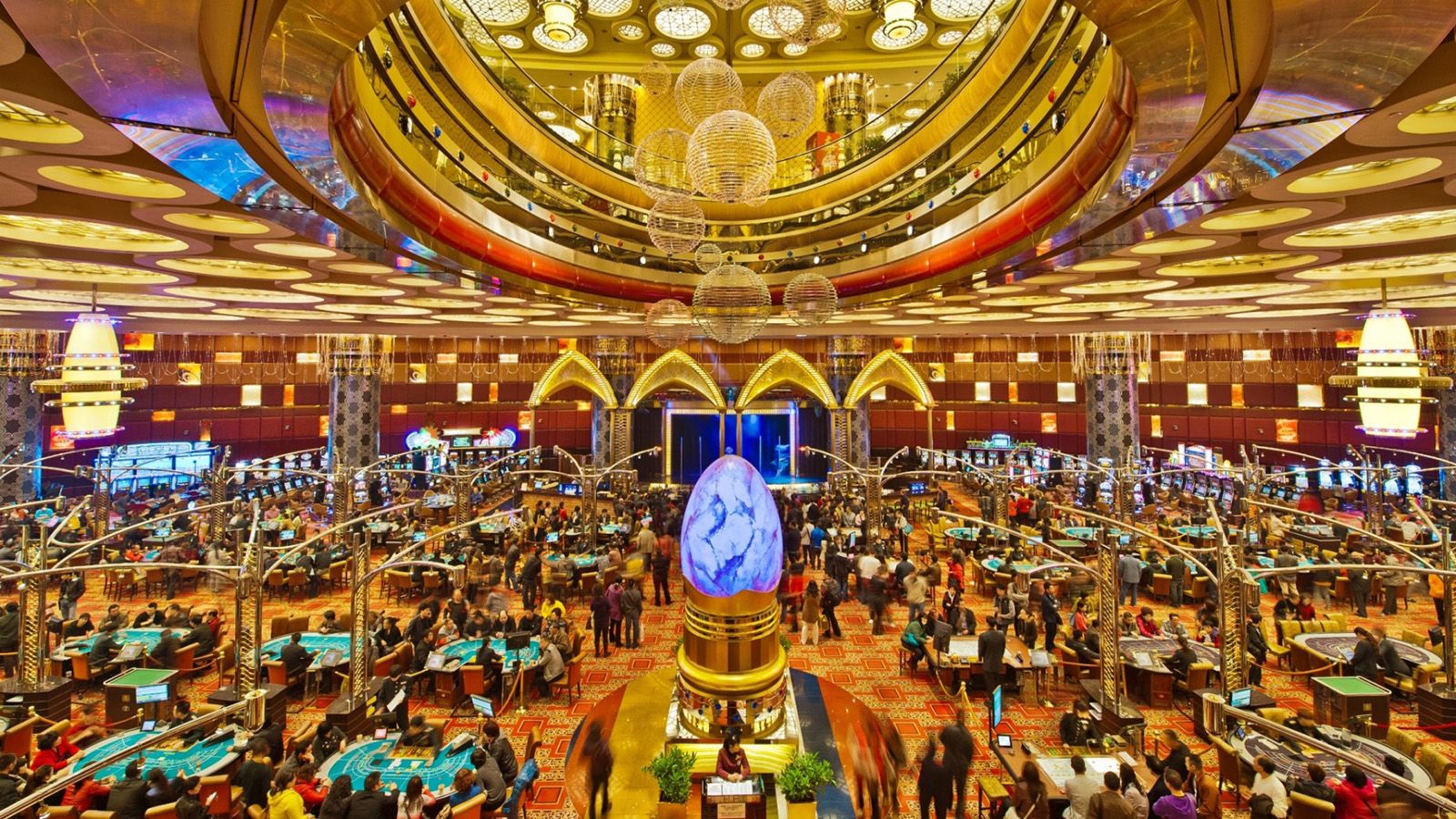
Gambling games have long been a engaging source of amusement, drawing numerous of players from varied cultures around the globe. From the glitzy casinos of Vegas to the thriving gambling halls of the Chinese gambling capital, these games serve as a link that unites people across various backgrounds. The allure of chance, tactics, and gambling entices not only those looking to strike it rich but also those seeking a feeling of belonging.
The significance of casino games extends significantly past the gaming floor. They often embody the values and beliefs of the cultures in which they thrive. Games such as Texas hold ’em, 21, and the wheel game have woven themselves into the tapestry of cultural phenomena, influencing everything from movies to clothing. As we explore this captivating intersection of luck and life, we can comprehend better how gambling games shape and are shaped by the surrounding world.
Historical Evolution of Gambling Activities
The roots of gaming games can be tracked back to historical civilizations, where gambling in multiple forms was extensively performed. In the East, around 2300 B.C., a variant of lottery known as Keno was popular, while in old the Roman Empire, soldiers would regularly bet on the outcomes of their games. The notion of using luck for fun and profit progressed over the years, leading to the establishment of more formal activities. By the end of the Middle Ages, betting houses began to appear in Europe, especially in Italy, which brought forth early incarnations of well-liked activities still practiced today.
As betting increased popularity in the continent, the 17th and 18th centuries saw the emergence of gaming houses as specialized establishments for gambling. The first official casino, the Ridotto, was set up in Venice in sixteen thirty-eight, providing activities like Baccarat and Faro. This time marked a major pivoting point, as gaming venues began to draw not just the elite but also the expanding middle class. The refinement of activities evolved, leading to the creation of new regulations and variations that enhanced the play experience.
In the 19th century, the era of industrialization and shifts in social norms additionally changed the environment of gaming games. The introduction of the game of roulette and new slot machines pulled in a more diverse crowd, and gambling establishments became seen as acceptable recreation. This time witnessed the worldwide proliferation of casino activities, as gambling houses spread from Europe to the New World, culminating in the development of the famous Las Vegas Strip in the twentieth century. The development of casino games has progressed into the modern era, including modern technology and online platforms, allowing them accessible to a global population.
# Cultural Relevance within Different Societies
Gambling games have deep-rooted social significance across a multitude of cultures around the planet. Places like Las Vegas, the very essence of the city is woven around casinos, where playing is not just a recreational activity but a fundamental aspect of social engagement and community interaction. The bright lights and vibrant atmosphere attract millions, showcasing how casino games can shape local economical structures and cultural uniqueness. This environment transforms the notion of recreation into an engaging encounter that affects style, music, and even movies.
In contrast, some societies approach betting with greater care, seeing it through the lens of morality and customs. For instance, in numerous Asian communities, games like Mahjong and Pai Gow Gambling are rich with history and possess significant social relevance. These games are often played during get-togethers and festivities, fostering community bonds and reinforcing family ties. The act of participating in these games goes past mere entertainment, reflecting values such as deference to seniors and the importance of shared enjoyment.
Simultaneously, in continental countries such as Monaco and the Italian Peninsula, games of chance serve as symbols of luxury and refinement. The elegant atmosphere of these locations attracts both tourists and native inhabitants, reinforcing a sense of status and rarity. The art of the game of poker and the strategic elements of games like baccarat are esteemed, shaping social dynamics and establishing an appeal that captivates a heterogeneous audience. This emphasizes how games of chance can both reflect and mold societal views towards hazard, benefit, and social interaction.
Economic Impact and Tourism
Gambling activities play a significant role in the economic landscape of many regions, particularly those that rely heavily on tourism. The revenue generated from casino operations fuels local financial systems, creating employment opportunities not only within the casinos themselves but also in connected industries such as hotel management, dining, and entertainment. This surge of tourists, drawn by the allure of games and the overall casino experience, stimulates expenditure across multiple businesses, contributing to the economic vitality of the area.
The presence of casinos often leads to the construction of facilities, including lodging, public transit, and recreational facilities. These improvements are essential in enhancing the overall tourist experience, making locations more attractive to visitors. Additionally, many casinos contribute in local communities through support of events and charitable initiatives, further embedding themselves into the community structure of the locality. Such investment not only supports economic growth but also cultivates a positive image of the casino industry.
In addition, the worldwide appeal of casino games drives competitive tourism, with locations vying to attract players from around the world. Iconic destinations like Las Vegas and Macau have become identifiable with gambling culture, drawing millions each year. This competitive edge encourages creativity and diversification within the gaming industry, influencing developments in entertainment and accommodation that resonate beyond their borders. The consequences of this visitor influx extend wide, impacting local financial health and cultural interactions on a global scale. https://tylenhacai88.club/